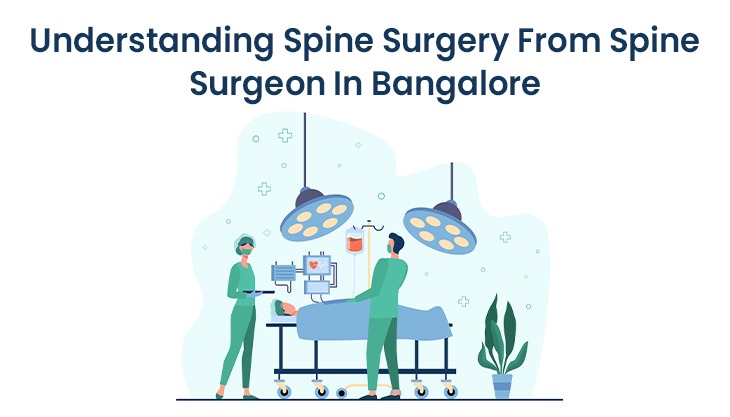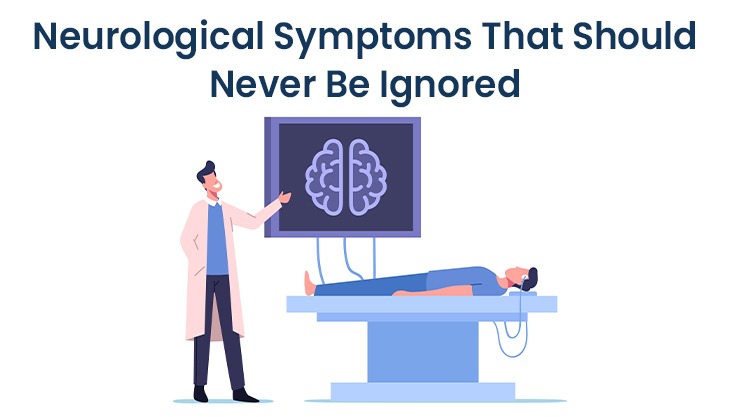The corona virus disease outbreak in the year 2019 has presented a massive burden to most health care systems not only in India but all across the globe. The demand for an intensive care unit capacity in particular has tremendously increased. Hospitals in the most affected regions have struggled to cope up with it. The focus of health care activity has now shifted to the pandemic, with a negative impact on the management of many other severe conditions.
Neurosurgery, like most specialties, has been drastically affected. But warrants special considerations as many of the treatments required are quite time-critical. Lack or delay of appropriate intervention might lead, for an individual patient, to the permanent neurologic injury. It is a significant decline in function and quality of life, or even death. We consider all the challenges that neurosurgeons currently face in context of the Coronavirus pandemic. They are likely to face in the foreseeable future.
The challenges are multifaceted with practical, ethical, legal, as well as other implications. A couple of them include re-deployment of the staff to areas outside the neurosurgery, treatment priority setting, ethical decision making etc. It also includes risk of moral injury, financial uncertainties and implications for training, research, and global health network.
These challenges will in turn affect the neurosurgeons as doctors and as humans. The international neurosurgical community now has a moral duty to contribute actively to the global response to the COVID 19 crisis. They also have to retain a duty to care for the individual patients.
The COVID-19 pandemic undoubtedly has a huge capacity to overwhelm the health care systems, even in most of the affluent societies. This is due not only to the unprecedented surge of Covid-19 patients but also a likely high infection rate among various doctors and nurses all across the globe.
As we passed through the initial surge of the COVID-19 cases in India, nearly one quarter of them were found to be antibody positive. It was by enzyme-linked immunosorbent assay testing. Out of the total, only 3% were positive to testing by polymerase chain reaction. They were just more than one third of this cohort that had previously self-isolated at home with symptoms of the COVID-19.
Challenges to Neurosurgery during the Coronavirus Pandemic
Fundamental Challenges
Neurosurgical care is evidently impacted by these COVID-19 responses. Elective surgical procedures have been very much cancelled so that operating theater staff as well as equipment can be used for critical care. Outpatient activity has been very much reduced, both to redirect resources and to lower transmission of the disease by decreasing the footfall in a number of hospitals in India.
Neurosurgeon in India have faced unprecedented challenges, including working outside their area of expertise and many more. Some of the challenges include prioritization of neurosurgical cases with very limited resources, facing new ethical dilemmas, as well as being exposed to moral injuries and medicolegal risks. There have been some financial uncertainties as well in the process outside.
Operating Challenges
Neurosurgical training and research also have been reduced tremendously. Non Covid related global health work has been suspended for now. New working models and systems were developed, within a short period of time. Neurosurgeons in India have needed to rise to all these challenges and take collective actions in the betterment of the patients. The challenges were needed in their local settings so as to mitigate the negative consequences of the pandemic.
Ethical Challenges
Any restriction of the resources will affect significantly to the bio-ethical framework in which neurosurgeons normally do operate. Those who are used to working in affluent, well-resourced hospitals might as well notice such effects more than neurosurgeons who regularly function with limited resources. Truly, the former group may be less well equipped to cope up with any resulting moral dilemmas. This is because they are used to giving even the sickest patients the greatest chance of recovery. Then in the latter group, in contrast, will likely have much more regular exposure to ethical conflicts.
These were the main challenges to Neurosurgery during the Coronavirus pandemic.
Conclusion
Neurosurgeons in many countries including India are in a very particular predicament during this pandemic. They actually need to contribute to the response to COVID 19 and continue the delivery of care for time-critical neurosurgical conditions. Such challenges are very massive and they involve infrastructure and workforce considerations at multiple levels. All of it are in limited data to inform the decision making.
The pandemic is evolving and it is not really clear to what extent neurosurgery, or even health care services in general, will revert to how exactly they were before COVID-19. The Corona pandemic will likely have a lasting influence on the future of health care as well as it is vital that neurosurgeons develop a framework for addressing the crisis. Also such similar global health challenges might arise in the future.






Post Comments